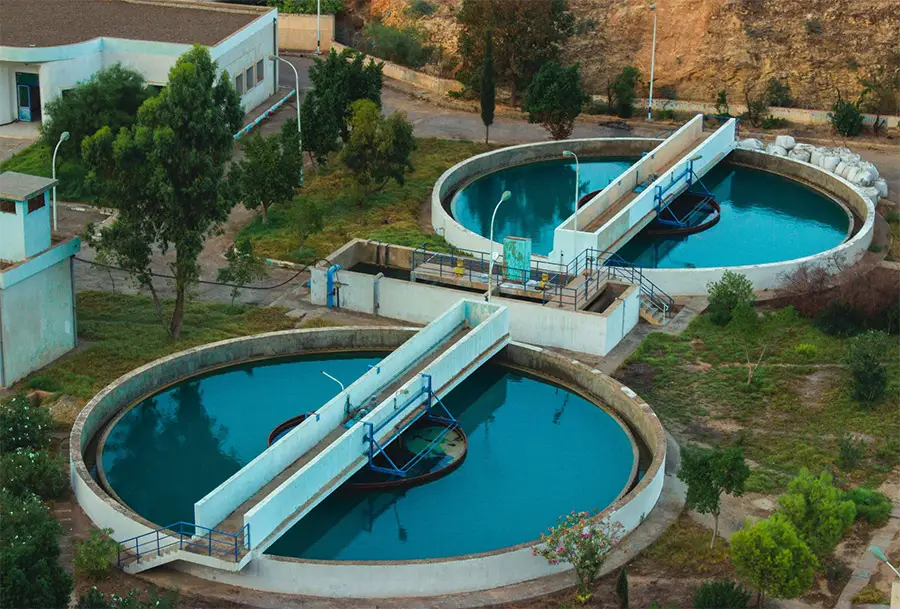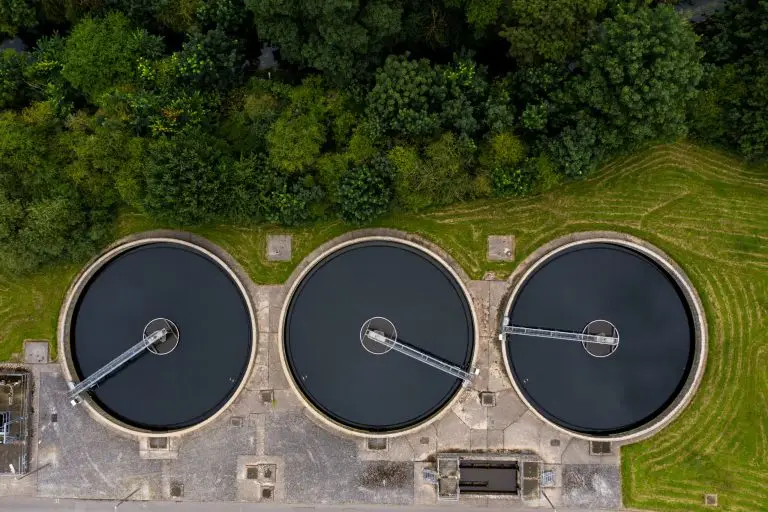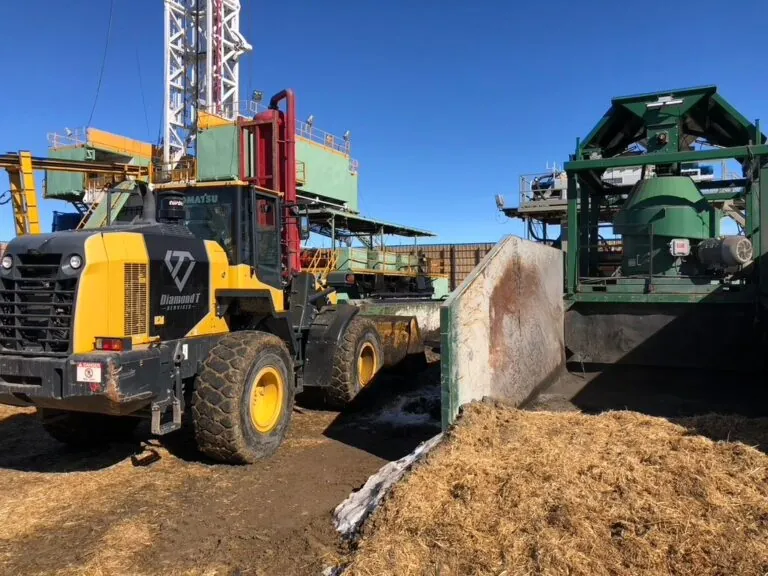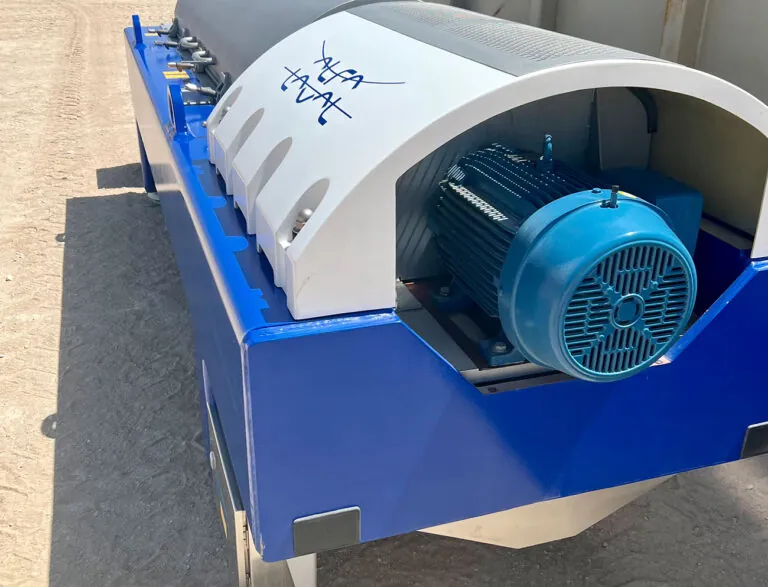Large scale centrifuges are an important feature of any wastewater or dewatering treatment plan. They not only help separate raw biosolids from reusable water, but can be an effective solution for sludge thickening in the sewage, manufacturing, and environmental industries.
A dewatering centrifuge is also a cost-effective and energy-efficient way to produce clean water for many communities. Learn more about large-scale centrifuges and how they can be used in wastewater treatment below.
Goals of dewatering centrifuges
When it comes to the dewatering process, a centrifuge’s main goal is to reduce the amount of sludge present in the sewage. This helps minimize the cost of the disposal of the sludge overall, all while achieving a higher level of dry biosolid content. Some large-scale centrifuges can even help mitigate expensive operating costs while remaining energy-efficient.
Sludge thickening can occur through several methods, as well. Centrifuge decanters, with the help of polymer thickening agents, can often achieve a quicker result. The correct treatment of fully-processed waterworks sludge can produce environmentally-friendly and cost-efficient results like reusable water, liquid manure, or other degradable biosolids.
Top uses for centrifuges
How you use a large-scale centrifuge depends on the type of centrifuge and project you need it for. However, there are a few common ways you can utilize a large-scale centrifuge for wastewater and dewatering treatment.
Sludge dewatering and thickening: Sewage is collected into the centrifuge and sludge is accumulated using a thickener or thickening agent. During the thickening process, sludge can be thickened up to 8 percent from its original .5 to 1 percent dry solids content. Within the collected sewage, sludge reduces up to 95 percent during this process and the excess water is pumped out. After the sludge has as much water content removed as possible, the dry solids content can be recycled or transported for treatment.
Dewatering of waterworks sludge: Sewage treatment plants produce, treat, and purify waterworks sludge for the purpose of reusable drinking water. Waterworks sludge at these treatment plants is typically between 1 to 4 percent dry solids content before the dewatering process. Since this is some of the highest dry solid content sludge, it requires a high-capacity centrifuge to thicken it. Oftentimes, an additional thickening agent like polymer is added to expedite the process. Transportation and disposal of sediment sludge can be more expensive during this treatment option.
Processing liquid manure: Some regions may find difficulty processing or storing liquid manure. Large-scale centrifuges can be utilized to separate liquids from solids – as well as process out any reusable water – from liquid manure. This not only provides a better fertilization option for farms, but helps contain harmful pollution from nitrogen and phosphorus gasses.
Need help with a project requiring a large-scale centrifuge? Diamond T Services provides professional dewatering and wastewater treatment services, as well as solids control. Contact us to learn more.






